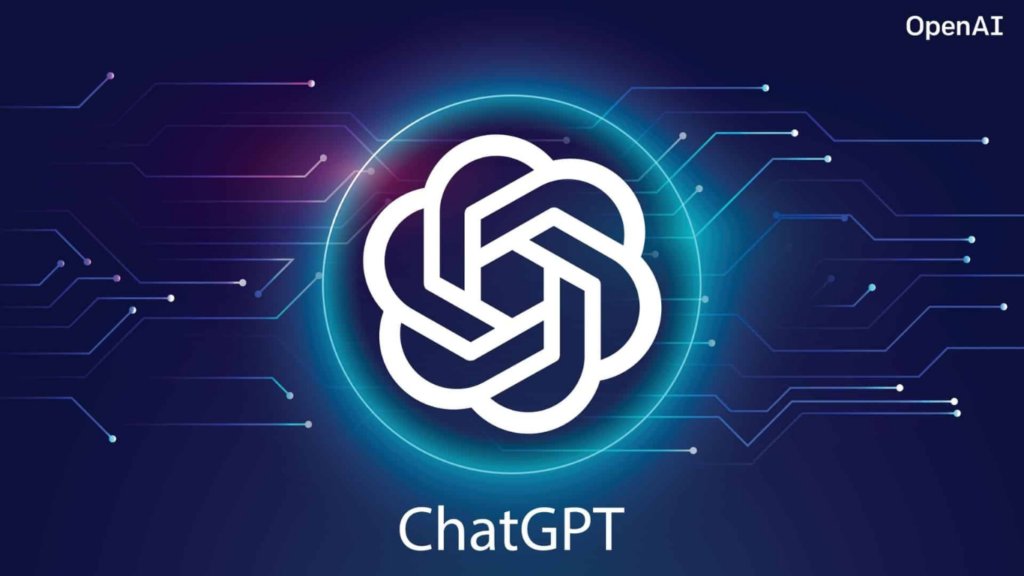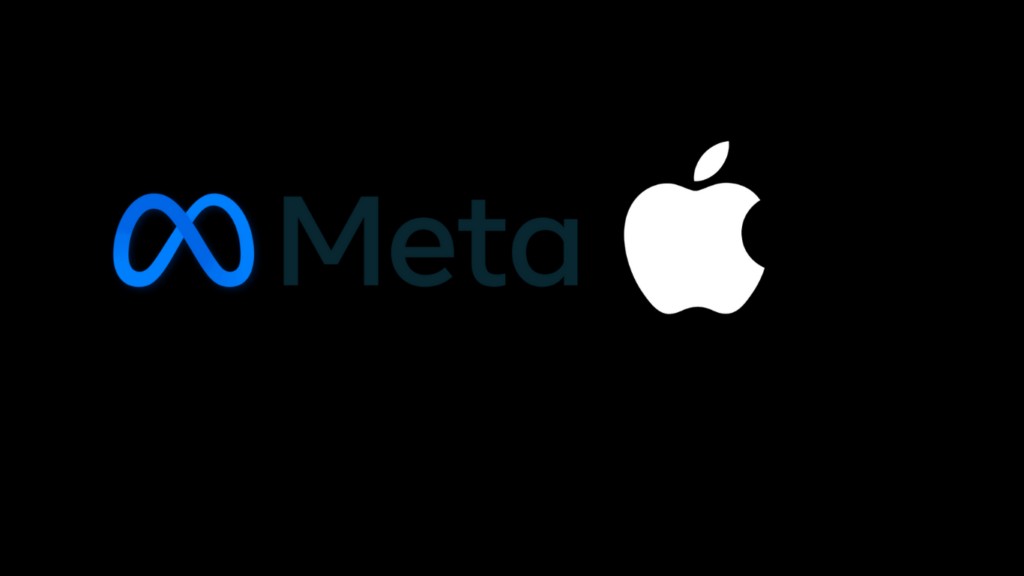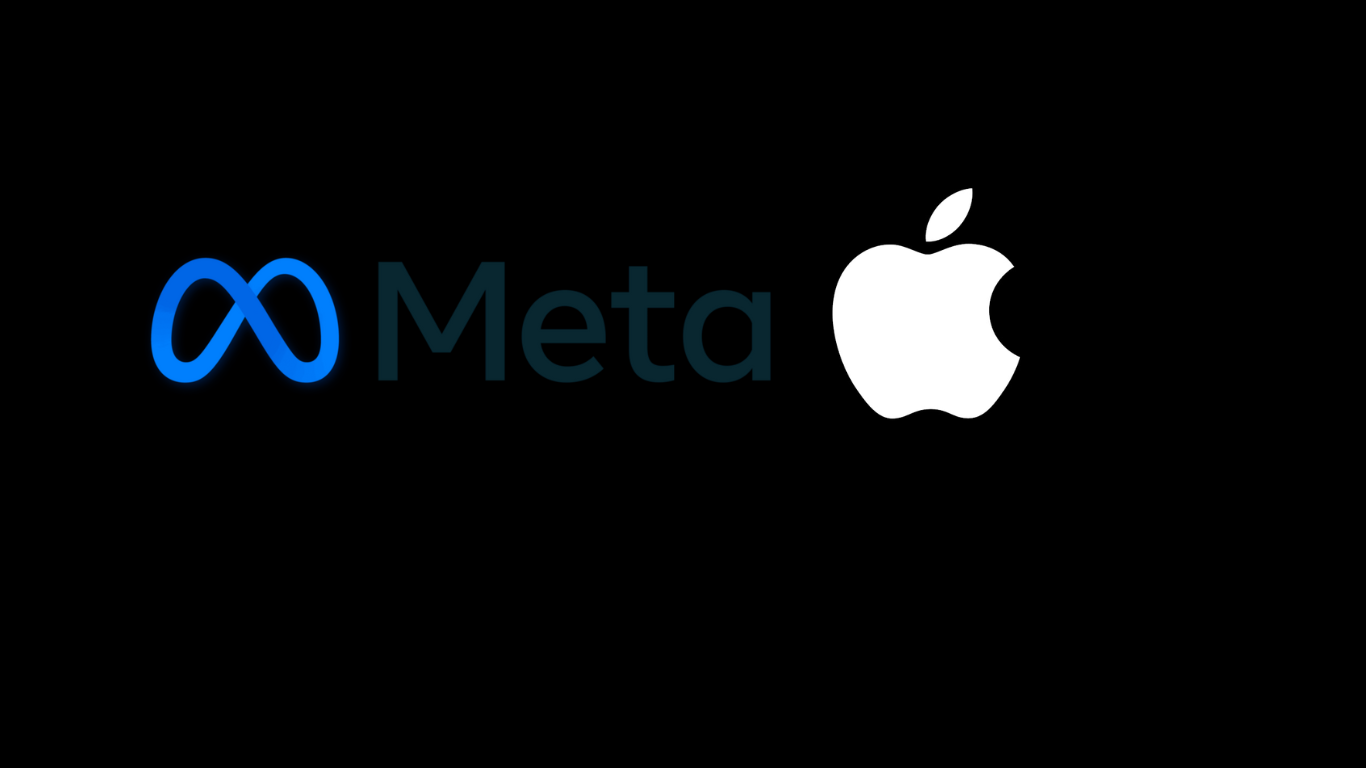Apple is reportedly in talks with Meta to integrate Meta’s generative AI technology into its products, potentially ending a decade-long rivalry between the tech giants, according to a Wall Street Journal report. This development follows Apple’s recent deal with OpenAI, the creator of ChatGPT, aimed at enhancing the AI capabilities of its Apple Intelligence suite.

Integrating Meta’s AI could significantly boost Apple’s AI offerings and establish it as a major player in the AI industry. Such a collaboration would also introduce Meta’s advanced AI technologies to Apple’s extensive user base, which exceeds 1.7 billion. Apple has faced pressure to define its AI strategy, especially after Microsoft and Google launched their AI products in quick succession. While Apple has developed its own AI solutions, it is seeking partnerships with external companies like OpenAI to strengthen its capabilities.
The WSJ reports that Meta and Apple have discussed embedding Meta’s generative AI model into Apple Intelligence. In early June, Apple’s Senior Vice President of Software Engineering, Craig Federighi, mentioned plans to incorporate features from Google’s generative AI system, Gemini, into Apple devices.
One of Apple’s key challenges has been integrating data-intensive AI like ChatGPT without compromising its strong commitment to user privacy and security. Apple Intelligence aims to offer innovative features, such as creating custom emojis from text descriptions and generating email summaries. Siri, Apple’s voice assistant, is also set for an AI upgrade and will now appear as a pulsating light on home screens. Launched over a decade ago, Siri has lagged behind newer AI assistants like GPT-4.0.

According to the WSJ, ChatGPT usage could double with Apple’s partnership, while OpenAI’s infrastructure costs may increase by 30% to 40%. Gene Munster, a long-time Apple analyst and managing partner at Deepwater Asset Management, predicts that 10-20% of Apple users might subscribe to a premium AI service like ChatGPT, making the partnership highly profitable. “Distribution is hard to get,” Munster told WSJ. “The beauty of what Apple has built is that you’ve got this engaged distribution at scale.”
A collaboration between Apple and Meta would not only boost Apple’s position in the AI race but also symbolize a significant thaw in their longstanding conflict. The feud began in 2021 when Apple implemented privacy changes that Meta claimed would lead to a $10 billion revenue loss in 2022. In response, Meta advised advertisers on ways to circumvent Apple’s 30% service charge for boosted posts, a long-standing point of contention.
Meta launched its large language model, Llama 2, in July 2023, and introduced the latest versions, Llama 3, in April 2024. Llama has received widespread support in the tech industry, but a deal with Apple would be a major victory for Mark Zuckerberg and Meta’s AI division.
Market research firm Canalys predicts that 16% of smartphones shipped this year will include generative AI features, with that number expected to rise to 54% by 2028. The WSJ also highlights that Apple stands to benefit from reducing its reliance on OpenAI, making a partnership with Meta strategically beneficial.

Subtly charming pop culture geek. Amateur analyst. Freelance tv buff. Coffee lover
